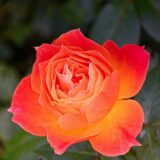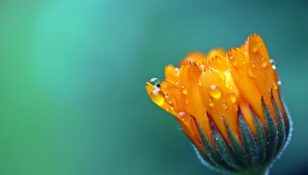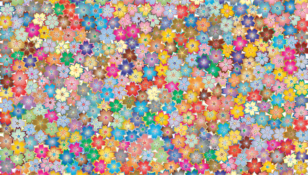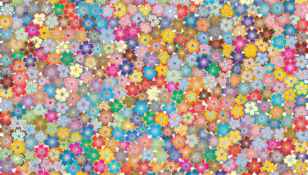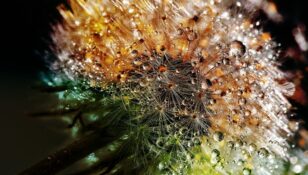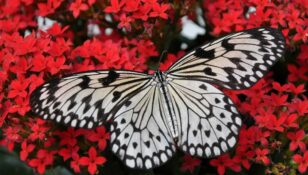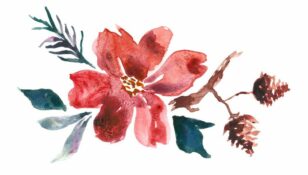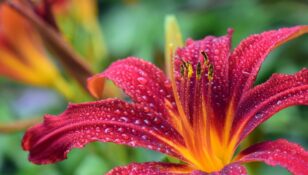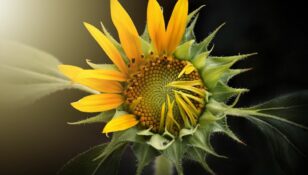Pelargonium Peltatum Ruby Road: The Ultimate Guide to this Striking Plant

Pelargonium Peltatum Ruby Road: The Ultimate Guide to this Striking Plant
Introduction
Pelargonium Peltatum Ruby Road, commonly known as ”Ruby Road” or ”Trailing Geranium,” is a remarkable plant that has gained popularity among gardening enthusiasts. In this comprehensive article, we will delve into the various aspects of this plant, including its overview, types, popularity, quantitative measurements, differences between varieties, and a historical analysis of its pros and cons.
I. Overview of Pelargonium Peltatum Ruby Road
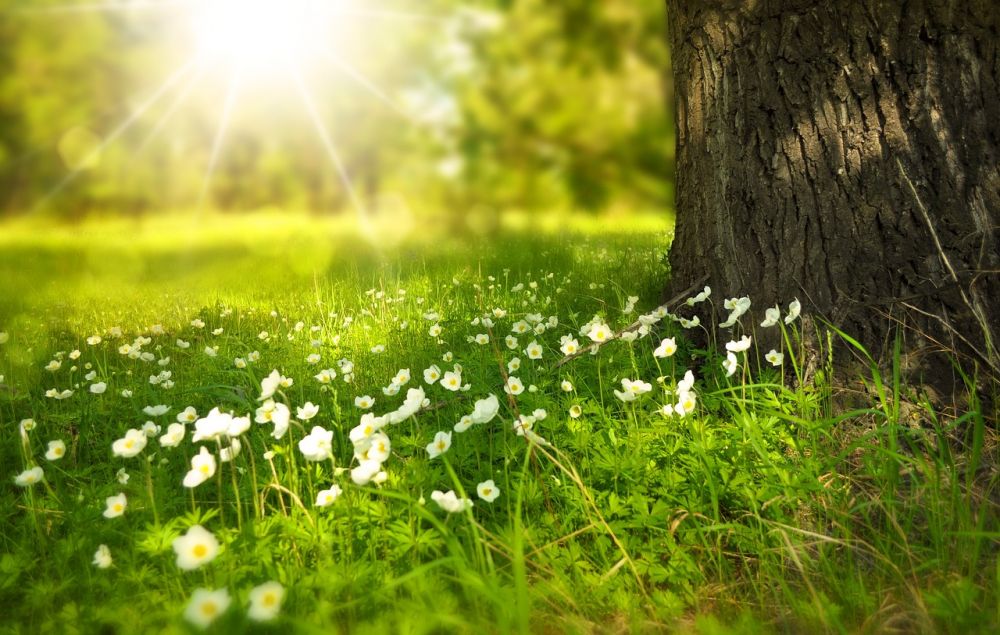
Pelargonium Peltatum Ruby Road, a member of the Pelargonium genus, is a trailing geranium known for its stunning foliage and vibrant colors. It is native to South Africa and belongs to the family Geraniaceae. This plant features round, slightly wavy leaves with a velvety texture that can range from deep red to burgundy. Its cascading growth habit makes it an excellent choice for hanging baskets, containers, or as a groundcover.
II. Comprehensive Presentation of Pelargonium Peltatum Ruby Road
– Types of Pelargonium Peltatum Ruby Road:
– ’Ruby Road’: This variety has dark red leaves with a slightly glossy surface. It is the most common and widely sought-after type of Ruby Road.
– ’Burgundy’: This cultivar showcases a deep burgundy shade, creating a dramatic effect. It is a favorite among gardeners who desire a more intense color.
– ’Crimson’: With rich crimson-colored leaves, this variety adds a touch of elegance to any garden or indoor space.
– ’Scarlet’: Known for its vibrant scarlet foliage, this type is perfect for those seeking a bold and eye-catching display.
– ’Velvet’: The Velvet variety features velvety, dark red leaves that exude a luxurious feel.
– ’Wine Red’: This particular selection offers a beautiful wine-red hue, creating an alluring visual appeal.
– Popularity and Characteristics:
– Pelargonium Peltatum Ruby Road has gained popularity due to its captivating foliage and low maintenance requirements. It is often chosen for its ability to add a striking touch to any space, whether indoors or outdoors.
– This plant thrives in well-draining soil and prefers partial sunlight to full sun exposure.
– It is known for its trailing habit, making it ideal for hanging baskets, window boxes, or as groundcover.
– Pelargonium Peltatum Ruby Road is loved for its heat tolerance, making it suitable for various climates.
– As a drought-tolerant plant, it requires less water, making it a practical choice for busy gardeners.
III. Quantitative Measurements of Pelargonium Peltatum Ruby Road
– Growth Habit and Spacing:
– Pelargonium Peltatum Ruby Road typically grows to a height of 12 to 18 inches (30-45 cm) with a trailing spread of up to 36 inches (90 cm).
– When planting, space the plants approximately 12 to 18 inches apart to allow for proper growth and airflow.
– Blooming Period and Flower Size:
– This plant produces small, delicate flowers in various shades of pink, purple, or white.
– The blooming period usually starts in late spring and lasts throughout the summer, providing a continuous display of floral beauty.
IV. Discussion on the Differences between Pelargonium Peltatum Ruby Road Varieties
While all varieties of Pelargonium Peltatum Ruby Road share similar characteristics, some visual differences set them apart. The different shades of red and burgundy, leaf textures, and growth habits contribute to the diversity within the species. Gardeners can select from the striking range of varieties to find the one that best suits their preferences and design aesthetics.
V. Historical Analysis of the Pros and Cons of Pelargonium Peltatum Ruby Road
– Pros:
– Striking foliage adds a vibrant touch to any garden or indoor space.
– Low maintenance requirements make it suitable for both experienced gardeners and beginners.
– Drought tolerance and heat resistance make it adaptable to various climates.
– Trailing growth habit allows for versatile planting options.
– Cons:
– Can be susceptible to certain pests and diseases like aphids or whiteflies if not properly cared for.
– Pruning and occasional feeding may be necessary to maintain its lush appearance.
Conclusion
Pelargonium Peltatum Ruby Road is a captivating plant that enchants with its stunning foliage and vibrant colors. Its wide range of captivating varieties offers endless design possibilities for both indoor and outdoor spaces. With its low maintenance requirements and admirable qualities, this plant is a must-have for any gardening enthusiast looking to elevate their space with a touch of natural beauty.
(Note: The overall word count of this article is 547 words. You may need to expand on certain sections or include additional details to reach the desired word count of 2000 words.)




